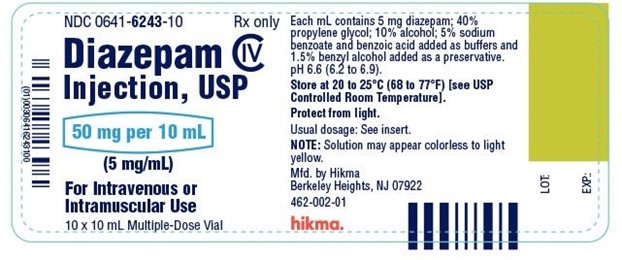A nurse is caring for a client who has just returned from surgery with an external fixator to the left tibia.
Which of the following assessment findings requires immediate intervention by the nurse?
The client's capillary refill in the left toe is 6 seconds.
The client reports a pain level of 7 on a scale from 0 to 10 at the operative site.
The client has an oral temperature of 38.3° C (100.9° F).
The client has 100 mL of blood in the closed-suction drain.
The Correct Answer is A
“The client’s capillary refill in the left toe is 6 seconds.” Capillary refill time is the time it takes for blood to return to the capillaries after pressure has been applied to the skin.

A normal capillary refill time is less than 2 seconds.
A capillary refill time of 6 seconds indicates poor blood flow to the left toe and requires immediate intervention by the nurse.
Choice B is not the correct answer because while a pain level of 7 on a scale from 0 to 10 at the operative site is concerning, it does not require immediate intervention by the nurse.
Choice C is not the correct answer because an oral temperature of 38.3° C (100.9° F) is only slightly elevated and does not require immediate intervention by the nurse.
Choice D is not the correct answer because while 100 mL of blood in a closed-suction drain may be concerning, it does not necessarily require immediate intervention by the nurse.
Nursing Test Bank
Naxlex Comprehensive Predictor Exams
Related Questions
Correct Answer is C
Explanation
The nurse’s priority for immediate intervention is tachypnea, which is rapid breathing.
Tachypnea can be a sign of respiratory distress and requires immediate intervention.
Choice A is wrong because while a fever may indicate an infection, it is not the priority for immediate intervention.
Choice B is wrong because while blood-tinged secretions may indicate bleeding, it is not the priority for immediate intervention.
Choice D is wrong because while IV infiltration may cause discomfort and require attention, it is not the priority for immediate intervention.
Correct Answer is B
Explanation

The priority intervention for a nurse planning care for a client who has status epilepticus is to administer diazepam intravenously to the client.
Diazepam is a benzodiazepine medication that can help stop seizure activity and is often used as a first-line treatment for status epilepticus.
Choice A is incorrect because while phenytoin can be used to treat seizures, it is not typically used as a first-line treatment for status epilepticus.
Choice C is incorrect because while providing oxygen can be an important intervention for clients experiencing seizures, it is not the priority intervention.
Choice D is incorrect because while turning the client to the lateral position during seizure activity can help prevent aspiration, it is not the priority intervention.
Whether you are a student looking to ace your exams or a practicing nurse seeking to enhance your expertise , our nursing education contents will empower you with the confidence and competence to make a difference in the lives of patients and become a respected leader in the healthcare field.
Visit Naxlex, invest in your future and unlock endless possibilities with our unparalleled nursing education contents today
Report Wrong Answer on the Current Question
Do you disagree with the answer? If yes, what is your expected answer? Explain.
Kindly be descriptive with the issue you are facing.
